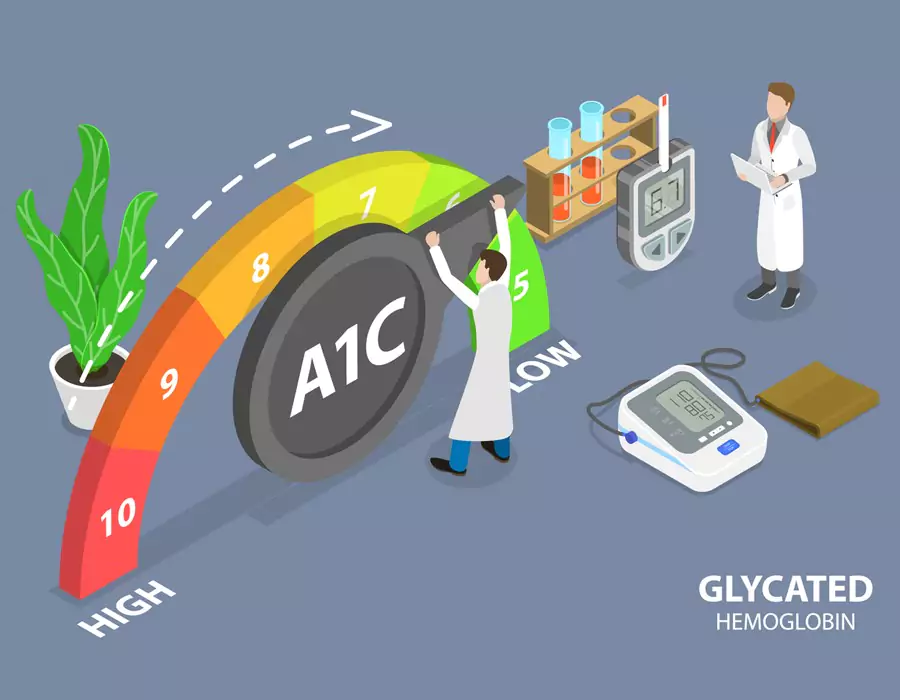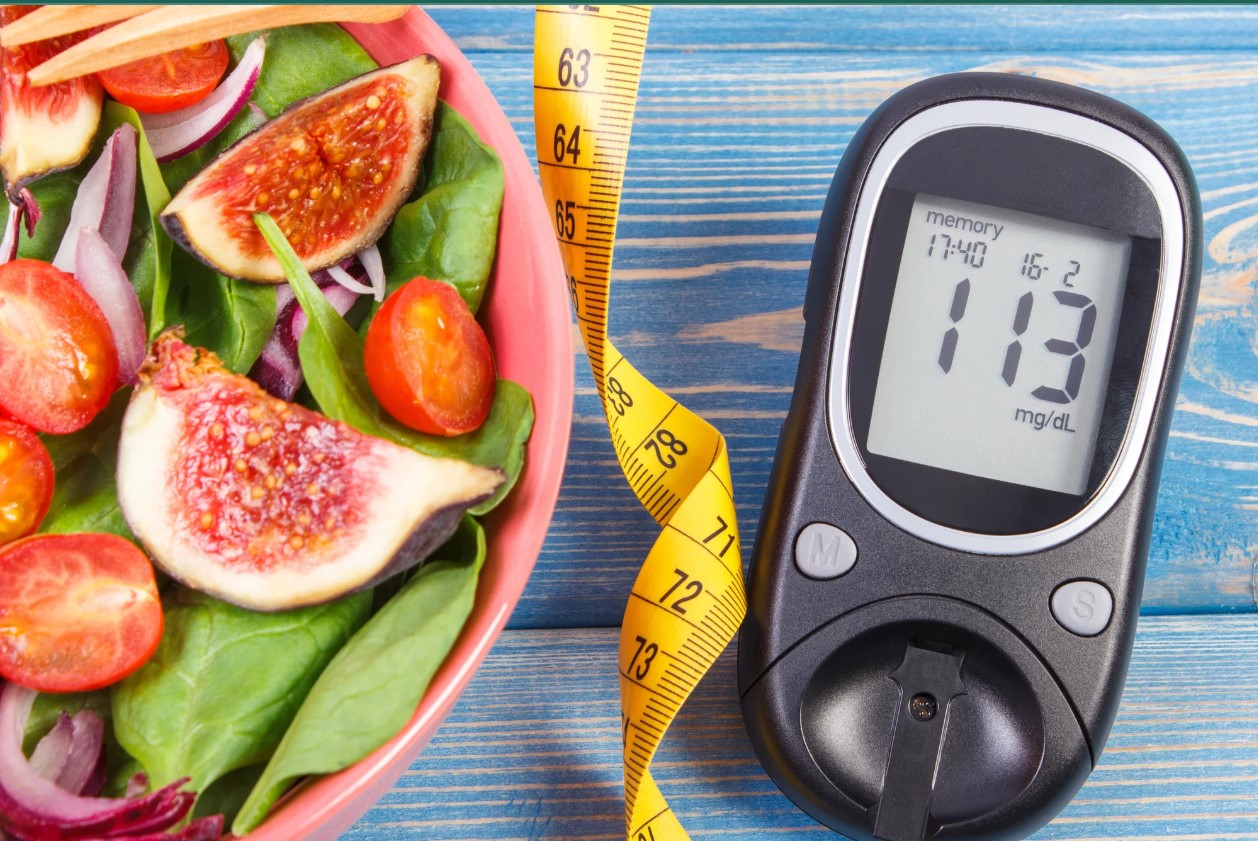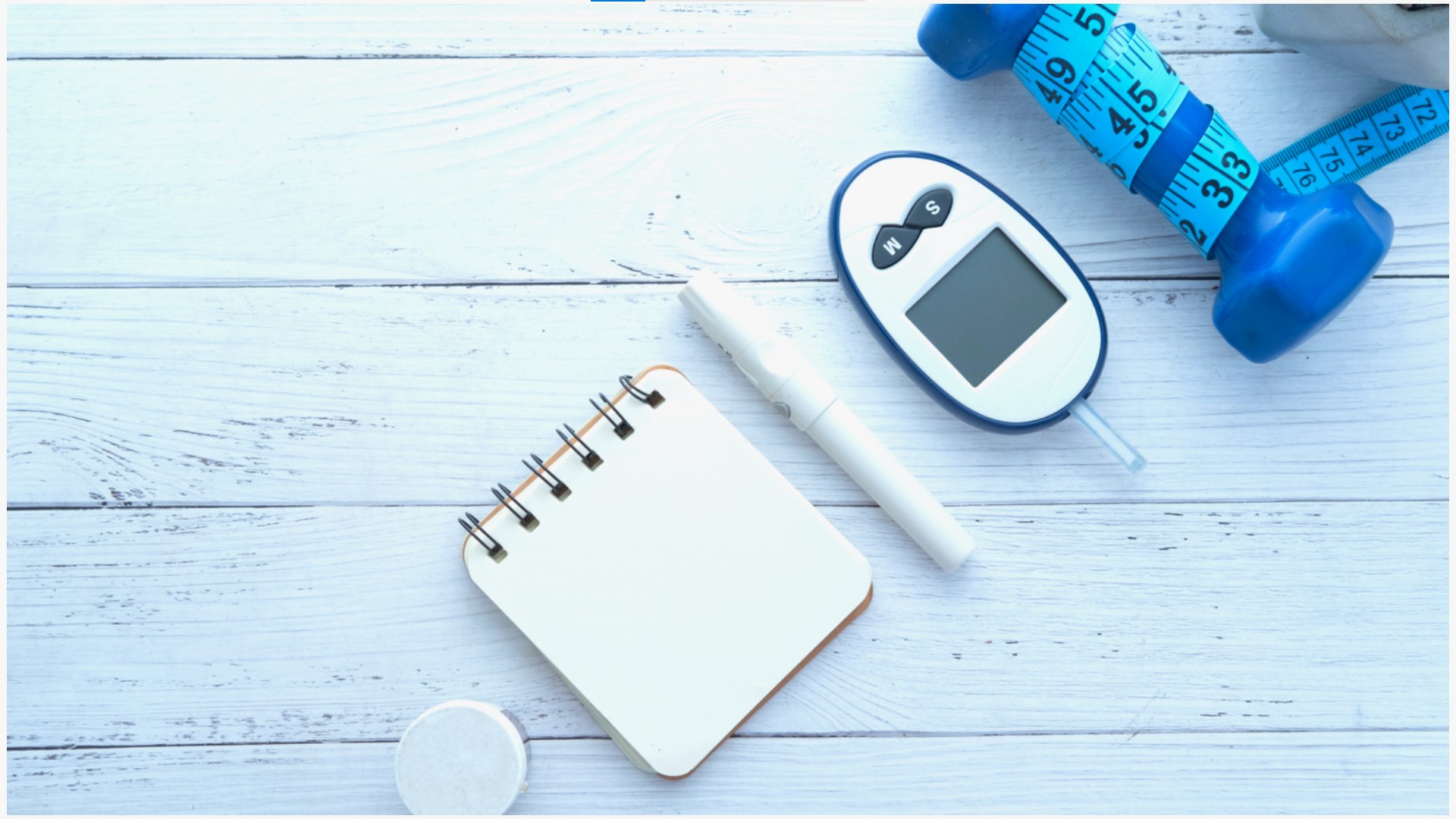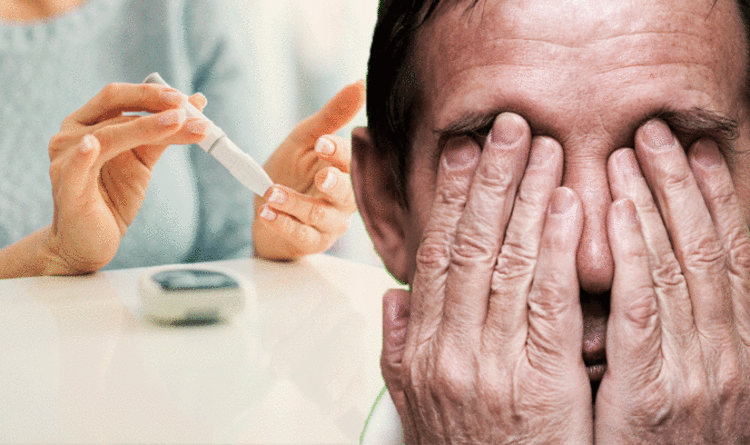
UP TO 40% OFF SITEWIDE






Why is my blood sugar up and down?


Table of Contents
- What causes blood sugar fluctuations?
- Taking an excessive or inadequate amount of diabetes medication can cause blood sugar to go up and down
- Changes in diet patterns or food content can cause blood sugar fluctuations
- Changes in activity level and exercise can cause blood sugar to go up and down
- Stress and anxiety can cause blood sugar fluctuations
- Variability in diabetes medication absorption can cause blood sugar to go up and down
- Variability in carbohydrate consumption and incorrect nutritional labels can cause blood sugar fluctuations
- Brittle type 1 diabetes
What causes blood sugar fluctuations?
Here is Why your blood sugar might be up and down or fluctuate too much:
- Taking an excessive or inadequate amount of diabetes medication
- Changes in diet patterns or food content such as eating fried food or high carbohydrate content
- Change in the activity level such as starting a new activity or exercise
- Stress and anxiety
- Variability in diabetes medication absorption, For example, insulin absorption can vary by up to 20% with every injection
- Variability in carbohydrate consumption and incorrect nutritional labels
- Brittle diabetes
Let us elaborate on these topics.
Taking an excessive or inadequate amount of diabetes medication can cause blood sugar to go up and down
I will give you an example. For example, you take 10 units of insulin before every meal and you eat a bagel every morning, not that you should, but this morning you decided to eat something different. He decided to eat 2 eggs, cucumbers, and yogurt because you are in the mood for a healthy breakfast.
On the other hand, he still took to 10 units. What you may not have realized is that a bagel has 50 g of carbs versus yogurt and cucumbers probably have less than 20 g of carbs. As you can imagine if your blood sugars remain okay with 10 units of insulin and 50 g of carbs he will more than likely end up having very low sugar after eating only 20 g of carbohydrates and taking the same 10 units of insulin.
This case is a good example of taking an excessive amount of medication when you do not need it. You have to be very careful when it comes to short-acting insulins or short-acting medications such as NovoLog, Humalog, Fiasp, Starlix, repaglinide, and sometimes glipizide and glyburide.
If you make a mistake and take short-acting insulin inadvertently instead of long-acting insulin you will more than likely have a very low blood sugar as well. This seems to be a no-brainer however this mistake is very common. For example, you are on Lantus and Humalog.
If you take Humalog 50 units instead of Lantus 50 units we will have very severe very low blood sugar within an hour or two. That has become the time of exercise regimen between the Humalog and Lantus. Please refer to the section where we talk about insulins in detail. So, the bottom line is you will need to match the medication and do food intake to prevent sugars fluctuate.
Changes in diet patterns or food content can cause blood sugar fluctuations

Changes in Diet can fluctuate blood sugar.
All other people know that high carbohydrate content in the food will spike blood sugars. However, not everybody is aware of the glycemic index. The Glycemic index is an indicator of how fast the blood sugar will spike with the same amount of carbohydrates. For example at 30 g of carbohydrates in apple have a much lower glycemic index and 30 g of carbohydrates in the breakfast cereal.
Blood sugar may spike twice or 3 times faster with the breakfast cereal compared to apple with the same amount of carbohydrates. Another point that You have to be aware of is the fat content in the food. Anytime you eat carbohydrates with high animal fat content your blood sugars may spike much higher and the spike may come delayed many hours after a high fat, high carb meal.
On the contrary, if you eat very healthy and eat very little carbs the medications you have been taking for your regular diet may be too much especially if you are on sulfonylureas or short-acting insulins. In summary, to prevent blood sugars go up and down or fluctuate too much you have to pay attention to the glycemic index and fat content in your diet in addition to paying attention to carbohydrates.
Changes in activity level and exercise can cause blood sugar to go up and down

Up-and-down blood sugars after exercise
Clearly when we exercise our body uses more glucose and we become almost immediately more insulin sensitive. As a result, any medication that increases the level of insulin such as sulfonylureas or insulin will be more effective in reducing blood sugars. For example, if you normally take 40 units of Tresiba which is a long-acting insulin, daily going to the gym today may give you low sugar after midnight.
That is more likely to happen if you wake up with blood sugars below 100 to 120 milligrams per deciliter range as you will have a less buffer/safety zone for potential low sugar. In this case, you may want to reduce the amount of Tresiba by 20 to 30% or more depending on the amount of exercise you have had.
Monitoring your blood sugar closely on the days see you go for exercise will help me understand your blood sugar patterns after exercise. Remember exercise can influence your sugars in the short-term after 24 hours following exercise. If you Master to adjust your medications based on your exercise you will be able to prevent blood sugars go up and down and reduce blood sugar fluctuations.
Stress and anxiety can cause blood sugar fluctuations

Blood sugars can go up and down due to stress and anxiety
Unfortunately when you are under stress and have anxiety our body produces stress hormones. The most commonly known stress hormones are cortisol and adrenaline. These are the same hormones that can increase blood sugars in the morning known as the dawn phenomenon.
However, chronically elevated stress and anxiety can lead to elevated cortisol and adrenaline levels which are hormones that reduce the efficacy of insulin. Pain is another reason that can increase blood sugar levels through the same mechanism. Thinking positively and finding ways to reduce stress and anxiety can definitely improve blood sugar levels.
Variability in diabetes medication absorption can cause blood sugar to go up and down
A lot of patients with diabetes do not know or understand the fact that bioavailability of medications we take again and again is not necessarily the same. In other words, the same dose of the same medication may be absorbed differently every time we take the medication.
Most insulin injections have variability in absorption after injection up to 20%. This variability can change from 5% up to 20%. At higher levels of insulin, the absolute number of insulin units will change significantly. For example, if you take 10 units of insulin, maximum variability may result in the absorption of 8 units of insulin.
On the other hand, if you are taking 100 units of insulin they can create insulin variability up to 20 units. Obviously, this will create significant changes in blood sugar levels. The site of injection, type of needle, and technique of injection can also make a difference in the variability of insulin absorption.
Besides insulin, other medications can have variability in the absorption and lead to up and down blood sugars or severe blood sugar fluctuations. For example, taking metformin with food can improve the absorption compared to taking metformin on an empty stomach.
Variability in carbohydrate consumption and incorrect nutritional labels can cause blood sugar fluctuations
Unfortunately, regulatory agencies do not always disclose certain facts. One of the facts is that nutrition facts can also have a certain degree of certainty which is allowed by regulatory agencies and by law. This Uncertainty can be again up to 20%.
If you are counting carbs or trying to count carbs, knowing that even nutrition facts are not 100% accurate will make it extremely difficult to stay on track and prevent fluctuations. This means that 100 g that is reported on the nutrition label can actually be 120 g of carbohydrates.
Of course, given the variability in the insulin absorption and variability in the nutrition facts will put you at a significant risk for blood sugars to go up and down or fluctuate significantly. This is even more of a problem for patients with type 1 diabetes.
Brittle type 1 diabetes
Patients with especially type 1 diabetes are at the greatest risk of blood sugar fluctuations. That is because they are typically only on insulin and are subject to variability in the absorption we just discussed. They also miss another significant hormone that is glucagon.
Glucagon is a counter-regulatory hormone that can prevent low blood sugar in healthy individuals and even most type II diabetic patients. In the absence of glucagon patients with type 1 diabetes are more prone to develop low blood sugars due to the deficiency of glucagon.
Also if they are not counting carbohydrates very correctly or efficiently blood sugar fluctuations causing blood sugars to be up and down will be inevitable.For patients with brittle type 1 diabetes, I strongly recommend using a continuous glucose monitoring system such as Dexcom G6 or Freestyle libre 2.
These devices help prevent low or high blood sugars by alerting the patient by predicting future high or low sugars. Ahmet Ergin, MD, FACE, CDCES, ECNU Endocrinology 2260 Palm Beach Lakes Blvd. Ste 212 Unit #7 West Palm Beach, Florida
Written By Dr. Ahmet Ergin
465 total articles
Meet Dr. Ahmet Ergin, a highly skilled and dedicated endocrinologist with a passion for diabetes care. Dr. Ergin earned his medical degree with honors from Marmara University in Istanbul. He completed internal medicine residency and endocrinology fellowship at Cleveland Clinic. Dr. Ergin is board-certified in Internal Medicine, Endocrinology, Diabetes, and Metabolism due to his vast medical expertise. He's a certified diabetes educator, author of “The Ultimate Diabetes Book,” and founder of “the SugarMD YouTube channel.” Dr. Ergin offers exceptional diabetes care to his patients in Port Saint Lucie, FL, helping them manage effectively. For a closer look into his insights and experiences, connect with Dr. Ahmet Ergin on LinkedIn, Instagram, and YouTube.”
Disclaimer: These statements have not been evaluated by the Food and Drug Administration. Information on this website isn't intended to treat, cure or prevent any disease. Discuss with your doctor and do not self-treat.
Products









